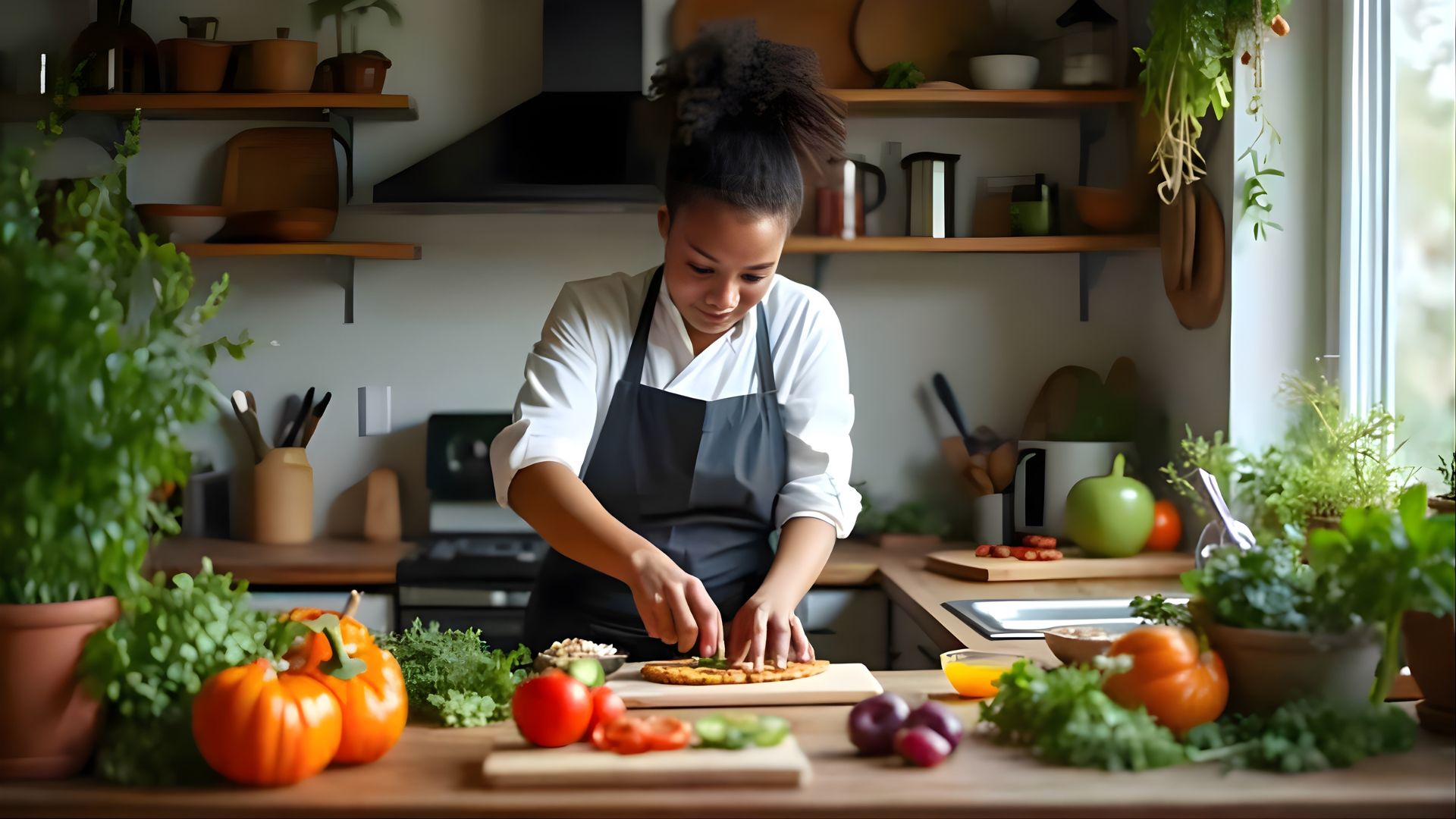As more people choose to eat at home for the sake of health, budget, and control over ingredients, the simple act of chopping vegetables after work is becoming a way to say who they are and what they stand for.
This from pantry to podium shift treats routine cooking as a kind of personal platform. Each choicewhether to defrost a frozen pizza, simmer lentils, or rescue softening vegetables from the crispercan reflect priorities like well-being, culture, climate responsibility, or just the determination to eat something joyful at the end of a long day.
Key Takeaways
Home cooking is evolving into a personal platform for self-expression and values, with everyday meals reflecting priorities like health, environmental responsibility, and reducing food waste.
- Home cooking is linked to better health outcomes and higher diet quality, as people make conscious decisions about their meals.
- Reducing food waste by implementing simple systems and mindful shopping practices contributes to environmental sustainability.
- Pantry-first cooking encourages creative, balanced meals using shelf-stable staples and minimal fresh ingredients, promoting a sustainable lifestyle.
U.S. home cooking trends
Consumer research shows that most meals are still eaten at home, and many people now describe cooking more often as a lasting habit rather than a temporary phase. Rising food prices, the ease of online grocery shopping, and a new comfort with basic kitchen skills all keep home kitchens humming.
Health studies consistently link frequent home cooking with higher diet quality, fewer ultra-processed foods, and long-term health benefits. Cooking in your own space lets you decide how much salt goes into a sauce, how many vegetables land on the plate, and whether dessert comes from a box or from fruit and dark chocolate. Over time, those small decisions add up to a quiet but powerful statement about how you want to feel in your own body.
Household food waste 17 percent
At the same time, global estimates suggest that roughly a sixth of food available to consumers is never eaten, with households responsible for much of the waste. Tossed leftovers, forgotten produce, and expired pantry goods are not just lost dollars; they also represent unnecessary greenhouse gas emissions and squandered water, land, and labor upstream.
Turning cooking into a manifesto can start with shrinking that waste. A simple systema weekly eat me first box in the fridge, a running list of items to use up on the side of the pantry, or a habit of planning one flexible stir-fry or soup nightkeeps ingredients moving. Linking your shopping list to what you actually have on hand helps make the most of every purchase while quietly cutting your household share of global food waste facts.
Pantry-first cooking habits
Pantry-first cooking is one of the easiest ways to live those values without spending more time or money. Shelf-stable staples like beans, pasta, canned tomatoes, rice, and spices can become balanced, satisfying meals with just a few fresh add-ins. Sites that celebrate smart pantry cooking, including guides built around pantry staples, show how fast and creative this style can be.
One simple manifesto-style habit is to design a signature pantry dinner you can cook almost on autopilot. Think of a pot of chickpeas simmered with garlic, tomatoes, leafy greens, and lemon, or a sheet pan of sliced vegetables and marinated tofu or chicken roasted together and piled over grains. Rotating the spices, swapping in seasonal produce, or adding a quick sauce lets you adapt that base recipe to your budget, preferences, and time, while still honoring a commitment to eat well from what you already own.
Kitchen podiums and $5 pledges
A manifesto becomes real when it is visible and specific. Some home cooks now set tiny, concrete goals that turn their kitchens into personal podiums: spend five extra dollars a week on in-season produce, cook one fully plant-based dinner every Sunday, or reserve one night for a no-phone, all-at-the-table meal. Borrowing ideas from performance and mindset coaches such as Jesse Itzler speaker, they treat these goals like training plans rather than vague intentions.
You do not need professional skills or expensive gear to join this movement. Writing a short kitchen manifesto on a sticky noteuse what I have, celebrate family recipes, waste less, cook at home four nights a week turns everyday dinners into deliberate acts. Over months and years, those small, repeatable choices can change how you feel, how much you spend, and how gently your household treads on the planet. From pantry to podium, the meals you cook can become one of the clearest, most delicious ways to express what matters to you.



